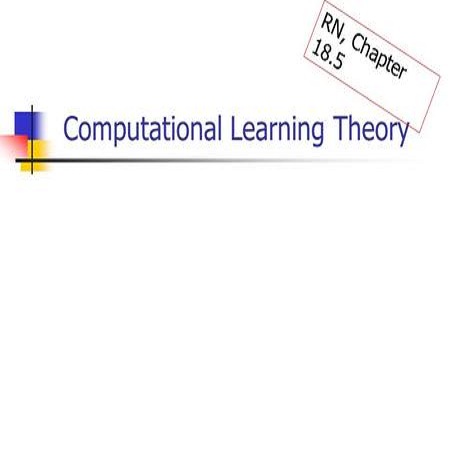We investigate how the addition of quantum resources changes the statistical complexity of quantum circuits by utilizing the framework of quantum resource theories. Measures of statistical complexity that we consider include the Rademacher complexity and the Gaussian complexity, which are well-known measures in computational learning theory that quantify the richness of classes of real-valued functions. We derive bounds for the statistical complexities of quantum circuits that have limited access to certain resources and apply our results to two special cases: (1) stabilizer circuits that are supplemented with a limited number of T gates and (2) instantaneous quantum polynomial-time Clifford circuits that are supplemented with a limited number of CCZ gates. We show that the increase in the statistical complexity of a quantum circuit when an additional quantum channel is added to it is upper bounded by the free robustness of the added channel. Finally, we derive bounds for the generalization error associated with learning from training data arising from quantum circuits.
翻译:我们研究量子资源的增加如何通过利用量子资源理论的框架改变量子电路的统计复杂性。我们认为统计复杂性的计量包括Rademacher复杂程度和Gaussian复杂程度,这是计算学理论中众所周知的量化实际价值功能类别丰富程度的计算学理论的计量尺度。我们从量子电路的统计复杂性中得出一些限制获取某些资源的机会的界限,并将我们的结果应用于两个特殊的情况:(1)稳定电路,这些电路得到数量有限的T门的补充,和(2)瞬时量子多元时克里福尔特电路,这些电路得到数量有限的CCZ门的补充。我们表明,在增加量子电道时,量子电路的统计复杂性的增加,其上限是增加量子电道的自由坚固度。最后,我们从从量子电路产生的培训数据中得出了与一般化错误有关的界限。





